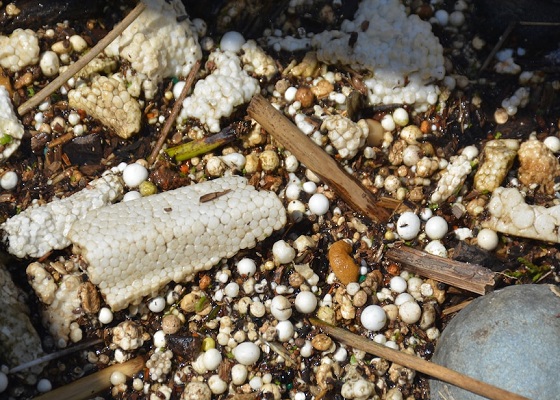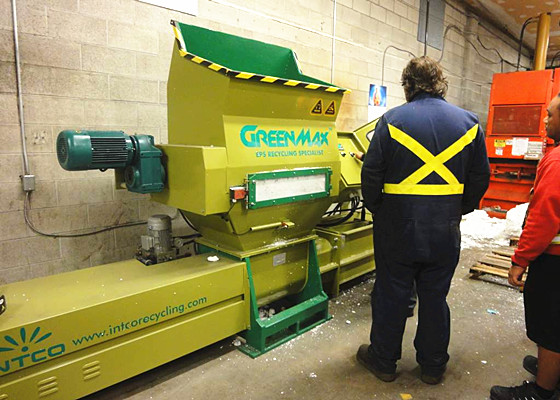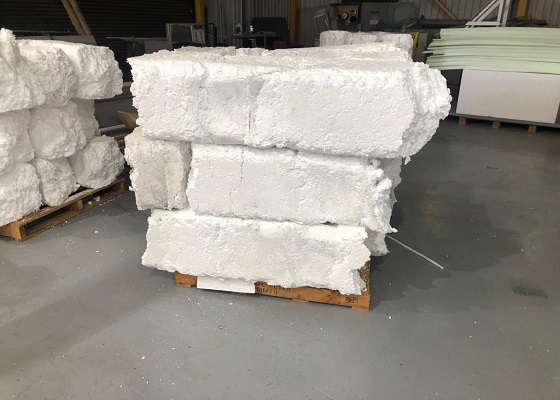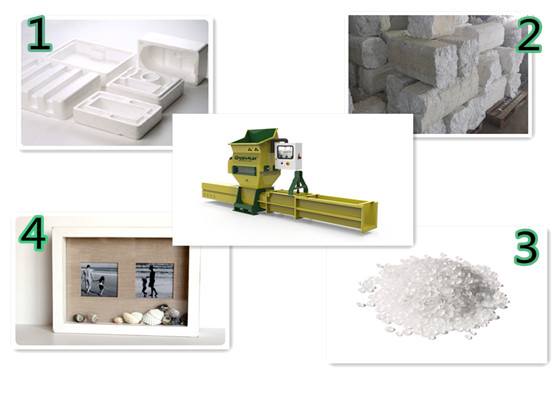Millions of EPS Should Be Recycled Instead of Flowing into the Yarra River
The Yarra River is an iconic element of Melbourne and one of Victoria's iconic waterways. There are many ports along Yarra River, which is an important hub of commerce and trade. It can be said that Yarra River is a river both ornamental and functional. But a recent report shows that millions of EPS waste and scraps have flowed into Yarra River. EPS has become the most common large plastic in Yarra River.

Such an important river is now polluted with EPS. Moreover, EPS in the water will not decompose, but will only become small fragments that are eaten by fish and other animals, and finally enter the human body through the food chain. Now, the presence of plastic has even been found in human blood. In addition to the impact on human health, EPS waste will also cause water quality degradation, water pollution, and the death of animals such as fish. The phenomenon has alarmed environmentalists, who warn of the long-term ecological impact of growing EPS waste on rivers and harbors.

According to a new report by environmental advocates, EPS is the most common large plastic in rivers, and the main sources of EPS waste are the construction industry, retail white goods, market agricultural products, and some manufacturers. According to a new report by environmental advocates, EPS is the most common large plastic in rivers, and the main sources of EPS waste are the construction industry, retail white goods, market agricultural products, and some manufacturers. Among them, the construction industry produced the most EPS waste. A survey in 2020 showed that more than 382 million pieces of EPS waste flow through Yarra river every year. Of nearly 100 construction sites near Yarra River, 98% of them are contaminated by EPS waste.

But EPS waste should not be thrown away and floating in the water, nor should it be sent to landfills to cause more waste and pollution. EPS is lightweight and has high thermal efficiency, so it is widely used in the construction industry. Some EPS waste and scraps should be collected and sent to recyclers instead of causing such serious pollution. But many builders haven’t realized the importance of EPS collection and EPS recycling. Builders are obliged to stop all waste from "escaping into the environment".

Builders and other merchants who cause EPS waste should realize that EPS recycling is not difficult. As entrepreneurs, they should also shoulder the responsibility of keeping rivers clean and the environment safe. INTCO Recycling has taken the lead in the process of EPS recycling, providing a lot of experience and related EPS recycling machines to other customers who need to do EPS recycling. Anyway, EPS waste should not be in rivers, but in recycling machines.
